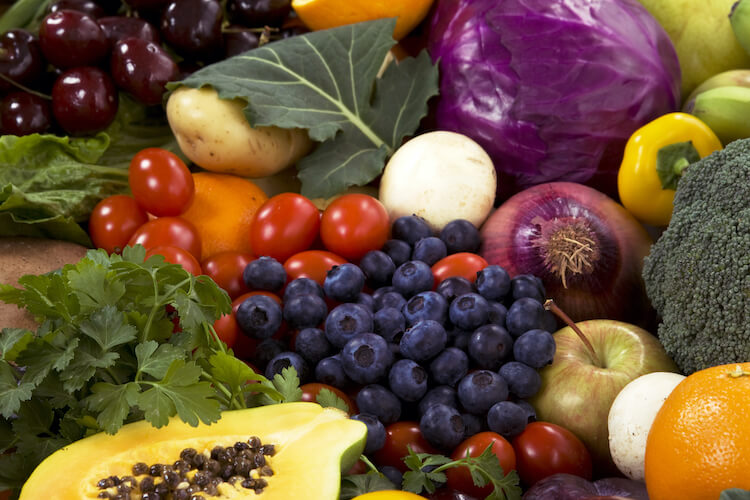Nutrition Requirements for Older Adults

Healthy eating is important for our overall health and wellness at any age. Well-balanced diets include fruits, vegetables, whole grains, lean protein and low-fat dairy. By eating a well-balanced diet, you’re able to give your body the sustenance it needs to live and thrive.
As we age, though, our bodies change and have different needs. While our calorie needs may decrease, we still need vitamins and minerals. Several nutrients become especially important for us to feel our best and encourage wellness. Here are the top nutrients to look out for and how you can include them in your diet.
What Nutrients Should be Increased as We Age?
- Calcium: Calcium helps your body function in many ways, but perhaps the most important role it has is in building and maintaining strong bones. And, since our bone loss naturally increases with age, it’s essential to ensure proper calcium intake to decrease the risk of brittle bones and fractures. While low-fat dairy like milk and cheese is the most obvious supplier of calcium, you can also find this nutrient in foods like fortified cereals and dark green leafy vegetables.
- Vitamin B12: B12 is important for maintaining healthy nerve function, creating red blood cells and generating DNA. This vitamin is especially challenging for older adults to maintain, since it is more difficult to absorb through food with age. Foods rich in vitamin B12 include lean meat, fish and eggs.
- Potassium: This mineral is vital for cell function and helps to reduce high blood pressure and the risk of kidney stones. Fruits, vegetables, beans and low-fat dairy products are good sources of potassium.
- Magnesium: Did you know that magnesium plays a crucial role in around 300 different physiological processes? Some functions include maintaining your immune system, heart heath and bone health. Unfortunately, the absorption of magnesium decreases with age, and some medications may reduce magnesium absorption. Magnesium rich foods include almonds, spinach, avocados and bananas.
- Dietary Fiber: Dietary fiber helps to lower your risk for heart disease and Type 2 diabetes and helps your digestive system function. Foods rich in fiber include fruits, vegetables, whole grains, nuts and beans. As an added bonus, foods rich in dietary fiber also help protect against heart disease.
Springpoint Offers Meals that Help Older Adults Achieve Nutrition Requirements
The dining teams at Springpoint Life Plan communities aim to offer nutrition and taste in every meal they serve. Our dining options are those that you would expect to find in a fine dining restaurant, with a variety of choices on the daily menu featuring fresh and seasonal ingredients. The focus on nutrition and quality truly make our food stand apart.
We’d love for you to join us for a meal – contact us today with any questions you have and to schedule your personal tour at any of our eight senior living communities.



